📄
Cite this article

Explore the condensed timeline of significant events that have shaped the history of Corfu:
- 8th Century: Corfu came under the Byzantine Empire and became part of the theme of Cephalonia. During this period, the construction of the Byzantine temples of Agios Iason and Sosipatros and the fortress of Gardiki took place.
- 1032: Saracen pirates inflict substantial damage on the island.
- 1080: Norman occupation under Robert Guiscard, followed by Byzantine reconquest.
- 1103: Corfu faces raids from Crusaders.
- 1147: Occupation by Roger, successor to Robert, with subsequent Byzantine reclamation.
- 1185: Sicilian occupation under Admiral Margaritis.
- 1204: Frankish Crusaders displaced the Byzantines, leading to Venetian rule in 1205.
- 1214: Corfu becomes part of the Despotate of Epirus, marked by the construction of Angelokastro.
- 1259: Sicilian rule under Manfredo.
- 1266: Philip Guinardo assumes control.
- 1267: Onset of the Anjouan rule, dividing the island into districts, Gyros, Oros, Mesis, and Lefkimis, and the abolition of the Orthodox Metropolitan.
- 1286: Destructive Sicilian raid.
- 1303: Catalans cause further damage.
- 1347: Construction of the Pantokrator monastery.
- 1386: Venetian attachment to Corfu by Venetian-friendly landowners.
- 1403: Genoese pirate Vetranio seizes Corfu.
- 1431: Unsuccessful Turkish siege.
- 1455: Relocation of the remains of Saint Spyridon to Corfu.
- 1494: Influx of Jewish refugees from Apulia.
- 1537 & 1571: Turkish invasions.
- 1576: Commencement of new fortifications, lasting twelve years.
- 1578: Catholic intervention restricted by Ducal decree.
- 1588: Completion of major fortification works.
- 1610: Peasant uprising due to economic hardship.
- 1629: Outbreak of the plague.
- 1630: Introduction of the litany of the Sunday of Vaios to commemorate the end of the epidemic.
- 1640: Uprising of Corfiot peasants drowned in blood by the Venetian army.
- 1652: Another rural uprising.
- 1656: Establishment of the “Academy of the Satisfied.”
- 1674: 200 dead and serious material damage from the New Year’s earthquake.
- 1694: Establishment of the Monastery of the Holy Virgin in Middle Castellani by Prospero Marini.
- 1716: Lengthy Turkish siege of the city, resolved on August 11th. Commencement of the procession of Saint Spyridon on August 11th.
- 1716: Birth of the educator of the Genus Eugenios Voulgaris.
- 1718: Great destruction in the Old Fortress and the city from a lightning strike on November 11th.
- 1720: Inauguration of the San Giacomo Theater, marking a period of flourishing Lyric Theater.
- 1732: Establishment of the “Academy of the Wanderers.”
- 1757: Establishment by Eugenios Voulgaris and Jeremiah Kavadias of a private school funded by the Community.
- 1774: In Leukimmi, the urban planner Stamatis Voulgaris was born.
- 1776: Birth of Ioannis Kapodistrias.
- 1795: Birth of Nikolaos Chalikiopoulos Mantzaros, the leader of the Ionian School of Music.
- 1797: The Venetian state is overthrown and Corfu is occupied by the Democratic French.
- 1798: The first public school operates in the place of the Latin monastery of Saint Francis. Simultaneously, the first public Library operates in the church of Tenedos, as well as the first printing house.
- 1799: The Russo-Turk alliance occupy Corfu.
- 1800: With the Treaty of Constantinople, the first Greek state formation is established.
- 1800: The “Thourios” of Riga is printed in Corfu.
- 1807: With the Treaty of Tilsit, the Seven Islands are ceded to France.
- 1814: The English occupy Corfu.
- 1815: With the Treaty of Paris, the Seven Islands are placed under the “Protection” of England.
- 1817: The Constitution of 1817 is drawn up, bearing the stamp of the despotism of Maitland.
- 1819: The first attempt at a Greek melodrama in San Giacomo.
- 1822: The “Dry Tower” of the Old Fortress operates the Lighthouse, one of the oldest of its kind in the Greek seas.
- 1823: Completion of the Armosteio (today’s Old Palace).
- 1824: Foundation of the Ionian Academy, the first Greek university.
- 1828: Dionysios Solomos settles in Corfu.
- 1831: The Corfu aqueduct operates.
- 1831: Numerous Maltese settle in Corfu.
- 1840: Foundation of the Philharmonic Society “Agios Spyridon,” which will play a leading role in the cultural events of the island for years.
- 1852: Official establishment of the Greek language in the Ionian State.
- 1857: Birth of the painter Angelos Giallinas.
- 1863: Birth of Spyros Samaras, a musician, and the composer of the Olympic anthem.
- 1864: After the treaty of London, Corfu is now part of Greek territory.
- 1865: Dissolution of the IONIAN ACADEMY.
- 1872: Birth of Dinos Theotokis. A radical politician and literary artist
- 1890: Foundation of the “Mantzaros Philharmonic Society”
- 1891: Construction of the Achilleion Palace by Elizabeth of Austria.
- 1891: Extensive anti-Jewish incidents mark the beginning of the decline of the Jewish Community of Corfu.
- 1893: Demolition of the Gate of Porta Reale.
- 1897: Establishment of the Labor Center of Corfu, one of the first in the country.
- 1899: Birth of Nikos Ventouras, the most distinguished Greek engraver of the 20th century.
- 1916: Arrival of the Allied forces.
- 1923: Short-live occupation of Corfu by the Italians.
- 1943: Incendiary German bombardment and destruction of part of the old town.
- 1944: After the end of the relatively calm period of Italian occupation, Corfu was seized by the Germans. In 1944, the Gathering of the city’s Jews took place under the German occupying forces, with the assistance of the pro-Nazi, racist, anti-Semitic mayor, Kollas. This led to their displacement to concentration camps. It was the final blow to the once-thriving Jewish community of Corfu.
- 2007: The old town of Corfu is included in the UNESCO World Heritage Sites.
This concise overview encapsulates the diverse and dynamic history of Corfu, illustrating the island’s resilience and cultural significance through the ages.




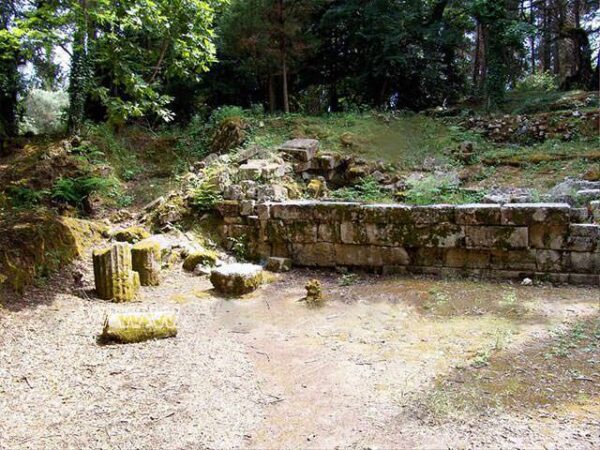
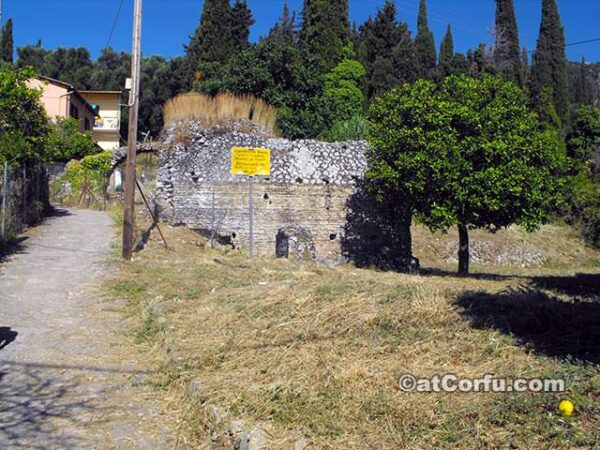
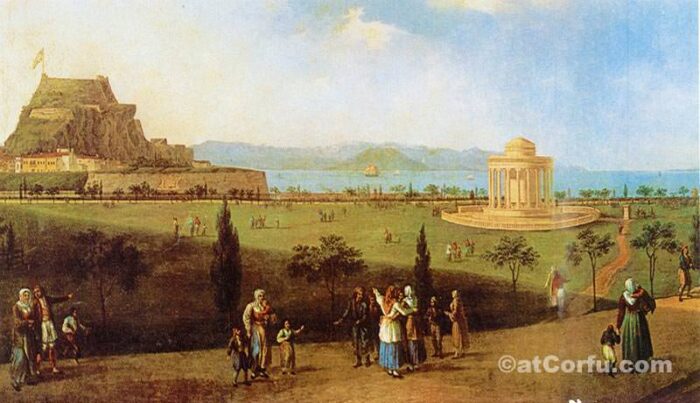
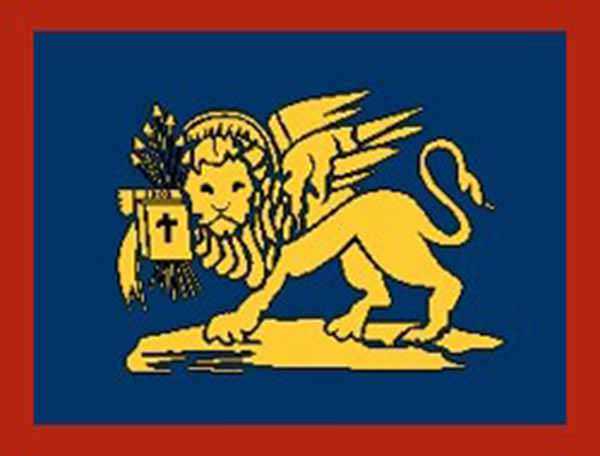
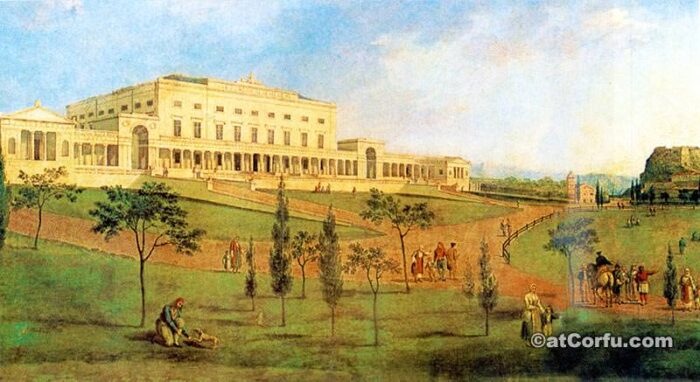
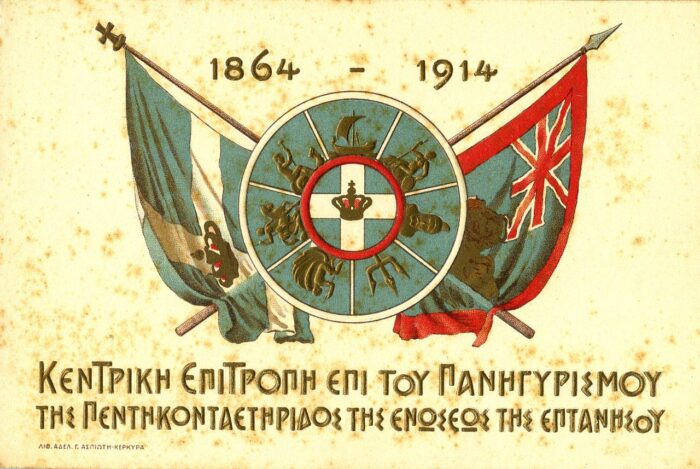
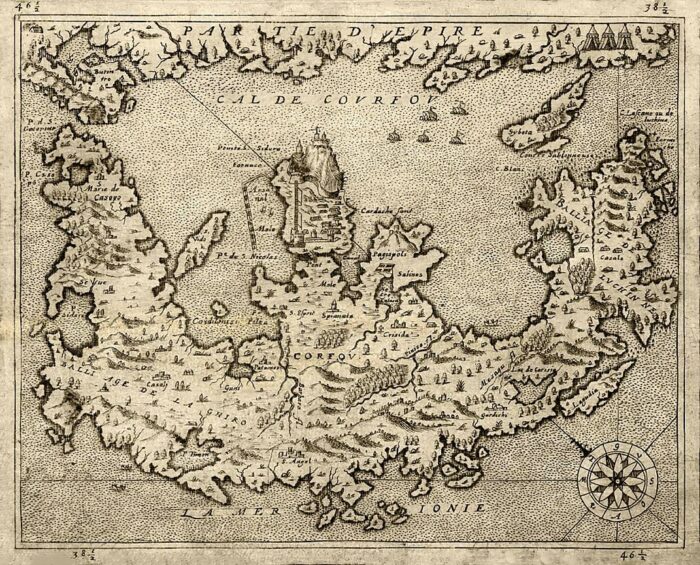

Comments